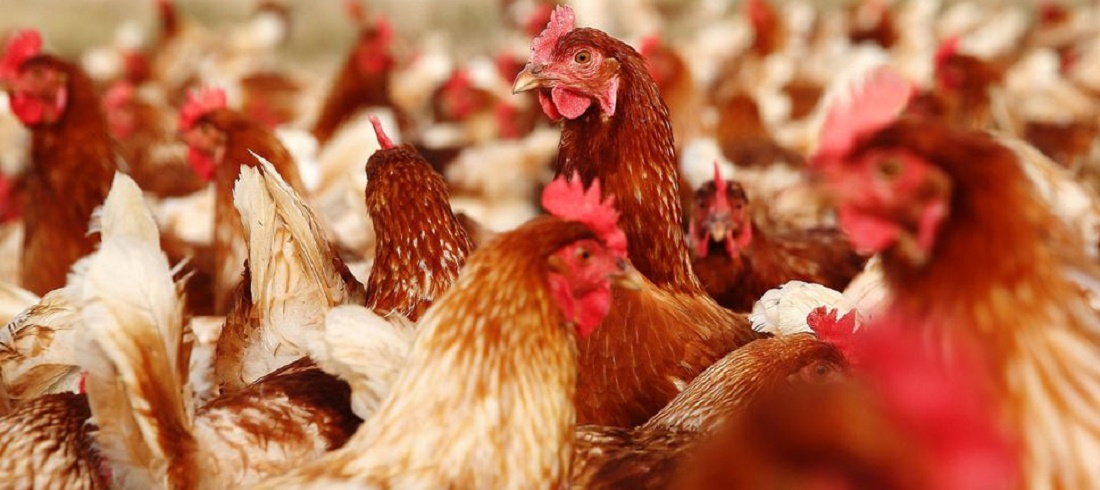
Commodity price surge drove Brazil’s exports to Arabs
May, 06, 2022 Posted by Gabriel MalheirosWeek 202219
Brazil’s exports to Arabs in the first quarter recorded a 33.58% growth, reaching USD 3.86 billion, according to a report by the Arab Brazilian Chamber of Commerce (ABCC).
The performance was driven by Arab investments in the transition to the post-oil era and the recent appreciation of commodities, intensified by the Russian invasion of Ukraine, which restricted the participation of these countries in the international market of grains and fertilizers and caused logistical routes to become expensive.
The increase in Brazil’s exports to the Arabs, whose imports are led by mineral and food commodities, is also a reflection of the movement by these countries still dependent on imported food to increase their stocks and secure food supplies in the coming months, according to the ABCC president, Osmar Chohfi.
Excluding iron ore, which led the export list in the first three months of the year (USD 690.29 million, -12.5%), the other products on the list come from agribusiness, primarily poultry protein (USD 591.09 million, +10.66%), sugar (USD 588.8 million, +19.79%), soy derivatives (USD 318.02 million, +122.84%), wheat (USD 285.86 million, +438.06%), maize (USD 269.6 million, +27.21%) and frozen beef ($267.57, million, +165.73%). “This movement to increase stocks is not restricted to the Arabs, given Brazilian exports to the world grew 26.8% in the period, totaling USD 72.3 billion,” pointed out the president.
See below which were the five most exported products from Brazil to the UAE, one of the country’s most important trading partners in the region, in the first quarter of 2022. The data are from Datamar’s DataLiner.
Top Five Most Exported Products to the UAE | 1Q22 | WTMT
Source: DataLiner (click here to request a demo)
Also, according to the organization’s report, Arab demand remains high due to the local economic upturn, early vaccination against COVID-19, and the announcement of new government investments to reduce economic dependence on oil. The entity highlighted the recently announced contribution of USD 152 billion from the National Development Fund (NDF) of Saudi Arabia to triple the current share of non-oil sectors in the Saudi Gross Domestic Product (GDP) by 2030.
Oil
The spike in oil prices in the period also benefited Arab countries exporting the fossil commodity, which in March reached its highest level since 2008: USD 130 for a Brent barrel. Another factor was the resumption of stop-over tourism in the United Arab Emirates, faith tourism in Saudi Arabia, and historical tourism in Jordan. In the Levantine country alone, sector revenue grew 196.5% in the first two months of the year. The sector is expected to continue to thrive with the prospect of the FIFA World Cup in Qatar, starting in November, attracting thousands of fans from different countries to the Gulf, said the entity.
Despite the superb results and prospects, the ABCC expressed concern in the document about a possible impact on the 2022/23 crop due to the lower supply of fertilizers from Russia and Belarus, countries currently under sanction. The organization has been advancing efforts to encourage the purchase of these products from Arab countries to offset, at least in part, the lower supply of Russian and Belarusian products, an initiative showing favorable results. In the accumulated period from January to March, Arabs nations increased sales of fertilizers to Brazil by 44.5%, to USD 773.52 million.
The entity also perceives the drought in the southern Brazilian state of Rio Grande do Sul as a point of attention, which could cause some damage in the off-season (winter harvest), potentially extending into the next crop.
Source: Anba
To read the full original article, please go to:
https://anba.com.br/en/commodity-price-surge-drove-brazils-exports-to-arabs/
-
Grains
Dec, 08, 2023
0
Brazil’s Conab cuts 2023/24 soybean production view but still sees record output
-
Grains
May, 20, 2022
0
Rice exports are affected by a lack of containers and an unfavorable exchange rate
-
Ports and Terminals
Mar, 13, 2025
0
Brazil and Saudi Arabia Move Toward Port Sector Investment Deal
-
Grains
Nov, 08, 2021
0
Soy and corn prices decrease due to accelerated sales to free up warehouses

